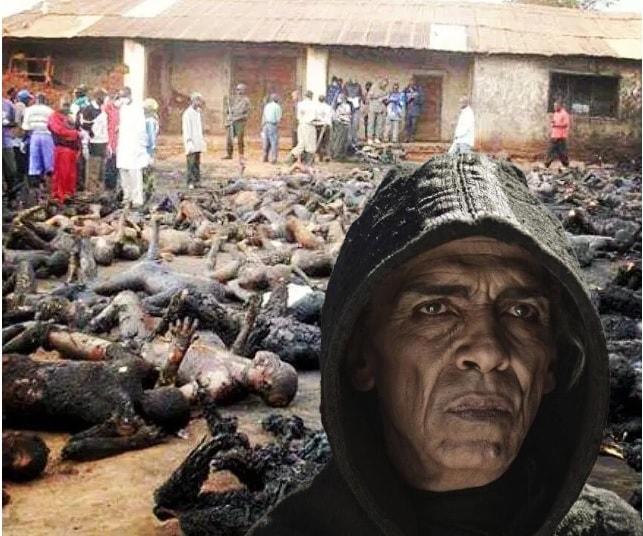Author: Kyle Smith
The views of the Author are not necessarily the views of Enigmose
The cult of Michelle Obama is a puzzler. Thousands of strong, smart, independent women flock to every public appearance of, and hang on every platitude of, a woman whose sole notable accomplishment is her marriage. Lucking into marrying a celebrity is not usually posited to be the aim of feminism. No one can name a single other exceptional, or even unusual, achievement.
The adulation is real, though. Hillary Clinton’s book tour meant sad, clenched-jaw appearances at Barnes & Noble. Mrs. Obama’s took her to the Barclays Center and other arenas big enough for pro basketball games. There’s now a documentary about the book tour on Netflix. Guess who made it? Barack and Michelle Obama’s production company. It’s called, as the book was, Becoming. It turns out the title is a bit ironic.
What the doc clarifies is the chief impetus behind Barack Obama’s rise to the White House. The Obamas created a haven for genteel, temperate, passive-aggressive anti-racism. This made them living saints rather than mere political figures. They offered black America pride, and white America, expiation. Their personal story rendered irrelevant Barack Obama’s lack of leadership experience in 2008. Democrats today must be wondering whether they should have gone with someone less holy and more effective, but they still feel good about their own racial enlightenment. As little as Obama brought them in policy, he gratified their need to feel that they were, to invoke an Obama cliché, on the right side of history. But the guilty-white-liberal fanbase longed for stories of how their icons personified racist oppression. Give us the drama, their acolytes pleaded. Tell us true tales of what it’s like to suffer in one’s black body. The problem is that neither of the Obamas really suffered, so they had to exaggerate.
Michelle Robinson was born in 1964 and grew up on the South Side of Chicago. She has some grievances with how the neighborhood changed over the years. “As black families like ours were moving into neighborhoods, white families were being scared away,” she explains in the film. “They were being told, sell your home quick . . . they fled further into the suburbs.” She adds, “My family, sadly, was one of those families, to some, who didn’t belong.”
Huh? The Robinson family didn’t move anywhere during the period in question. Michelle lived in that house on South Euclid from age one until she met Barack Obama. The families who felt they “didn’t belong” there were the ones that moved out. She points out sadly in the movie that her kindergarten class photo includes lots of white and black kids but her eighth-grade class, seen in a photo from about 1977, was almost entirely black.
Bi Sexual Obama and Masculine Michelle
I generally don't give much credence to conspiracy theories, they are usually within the realm of the tinfoil hat congregation. Designed as click-bait for consumption by naive countrified patsies. That's not to say I don't look into them, but will usually shy away once they have been reasonably debunked lest I end up dead like that curious cat. Is Michelle Obama Really Michael LaVaughn Robinson?
One conspiracy theory that refuses to go away may or may not be credible is the 'Michelle is a Man and Obama is Gay' scenario. Images are circulating that may or may not be photo-shopped ... Read More
'The Evil Called Barack Obama' and the Genocidal Slaughter of Nigerian Christians
Nigerian president Muhammadu Buhari behind “genocide” of Christians Put in power by Obama
Not only is Nigerian president Muhammadu Buhari behind what several international observers are calling a “genocide” of Christians in his nation—but Barack Hussein Obama played a major role in the Muslim president’s rise to power: these two interconnected accusations are increasingly being made—not by “xenophobic” Americans but Nigerians themselves, including several leaders and officials.
Most recently, Femi Fani-Kayode, Nigeria’s former minister of culture and tourism, wrote in a Facebook post: Read More


